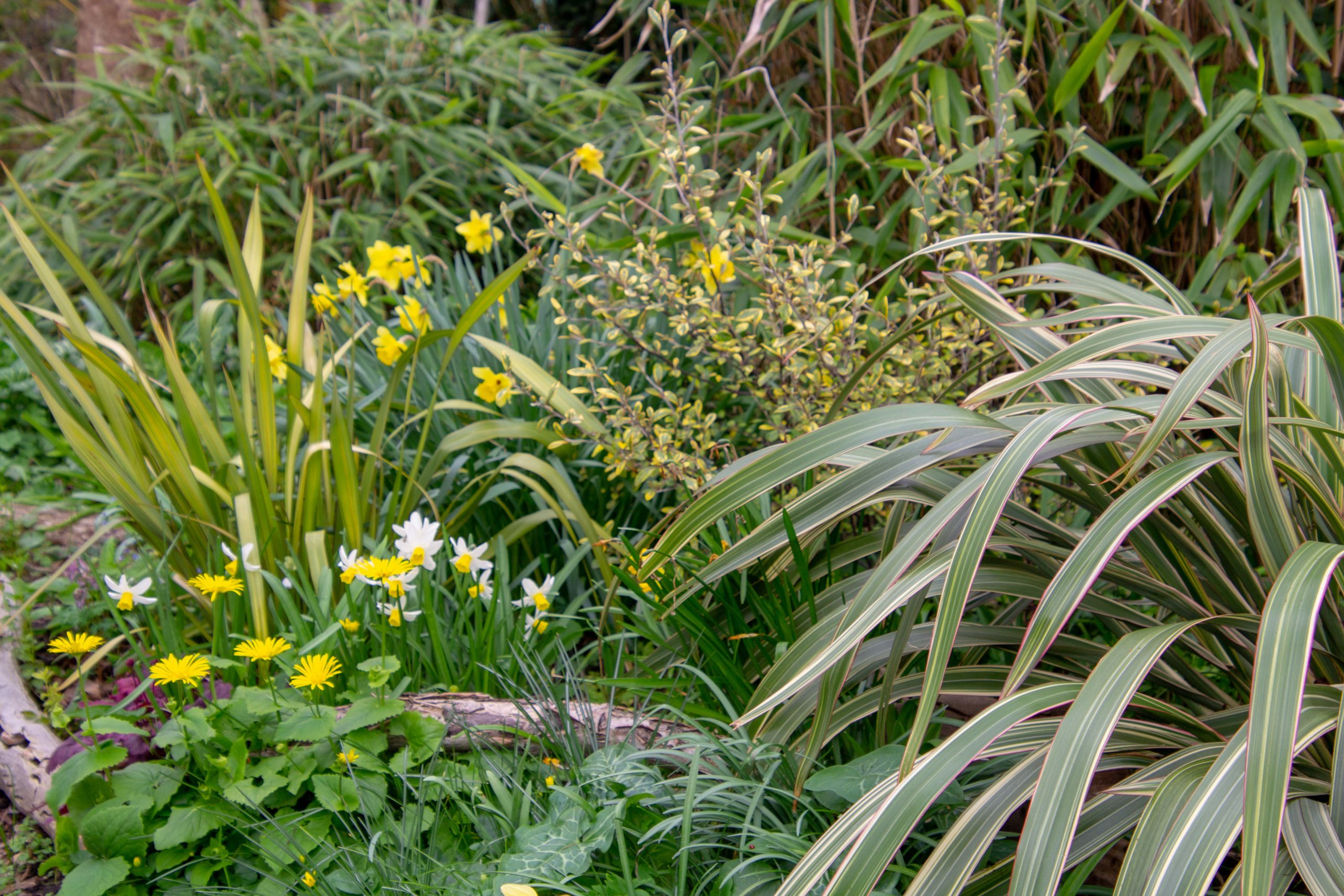Wolfson S&C Stories
Conserving Nature and Biodiversity

On this page are a collection of Wolfson S&C Stories on the theme...
Conserving Nature and Biodiversity
Read this themes spotlight on
Wolfson Science and the Lee Pineapple Story

Effects of climate change on coral reefs - Prof. Barbara Brown (alumnus)
Barbara's interest in natural history has been life-long. Concerned about the effect us humans have on the environment, Barbara pursued a PhD on the effects of heavy metals on marine invertebrates.

Whilst at Wolfson, Barbara had the opportunity to first visit a coral reef in Papua New Guinea and a West Indies Lab, before then working on the reefs in the British Virgin Islands. It was through this opportunity that Barbara begun to collaborate with influential staff working on reefs all around the world. This subsequently led to the development of a research school - Department of Marine Sciences at the University of Newcastle, UK - working on climate change and corals. Barbara's efforts have resulted in better scientific understandings on what impact global warming has on coral reefs and their placement, leading to improved management worldwide.

Updated: July 2021
Reduction of water demand for the production of jeans - Prof. Steve Evans (Fellow)

Steve collaborated with a Vietnamese manufacturer of jeans to find ways to reduce their water demand.
Steve studied 'what works under which conditions', as the team wanted to learn how to improve resource efficiency in the low-tech, low margin industry sector.
Steve learnt how to make breakthrough performance possible. The factory used about 800 litres of water to make each pair of jeans. The world record at that time was 435 litres per pair. Steve and the Team eventually reached 0.4 litres per pair of jeans.
Steve believes this has proved it is possible to save 430 million litres of water per year – equal to the annual water consumption of 432,000 people.
Investigating 'what works under which conditions', the team set out to improve industrial resource efficiency in this low-tech, low margin sector. In doing so, they made a breakthrough.
Originally, the factory used approximately 800 litres of water to make a single pair of jeans, with the world record at the time being 435 litres per pair of jeans. Steve and his team managed to smash that record with just 0.4 litres per pair.
This achievement showed it is possible to save 430 million litres of water per year just in the manufacture of jeans alone – equal to the annual water consumption of 432,000 people.
Updated: July 2021
Development of algorithms for the biological sciences - Dr. Chris Town (Fellow)
Chris has always been interested in nature and conservation. Some years ago he watched a BBC documentary on a group of marine biologists studying manta rays in Mozambique. The science that informs conservation of these critically endangered ocean giants was being hampered by the sheer effort required to manually identify sightings of individual manta rays from photographs.

Chris therefore contacted the scientists to offer his help. Within a year, he had developed an automated computer vision technique that vastly reduced the time and effort required to identify particular mantas from underwater photographs.
Chris then applied his expertise in computer vision to further develop his pattern matching algorithms for the biological sciences more broadly. These are now being used by scientists studying diverse problems such as the evolution of bird egg shell patterns, the ecology of manta rays, and the appearance of butterfly wings.
As a result of collaborating with ornithologists studying egg shell patterns, Chris and team were able to produce a generic tool called "NaturePatternMatch", which is being applied to study markings on a large range of species including reptiles, insects, birds and mammals.
In recent years, manta rays have been given increased protection by CITES as a result of the improved knowledge of their ecology and conservation status, and the work done through Chris's "MantaMatcher" helped greatly in gathering and analysing the scientific data to make such a strong case for their increased protection.
Updated: July 2021
Efforts to increase the kākāpō population through selective breeding - Dr. Lara Urban (alumnus)
During her time at Wolfson, PhD graduate Lara Urban (2015) used genomic computational techniques to quantify the genetic diversity of the endangered kākāpō bird population. A combination of habitat loss and predation means that there are now just 144 individual kākāpō left, and conservationists are making efforts to increase the population through selective breeding.
Information provided by Lara's PhD analysis leed conservationists to a better understanding of how closely related individual birds are to one another, helping them to prioritise individuals for breeding pairs. The effects are an increase to the total genetic diversity of the population as a whole. Lara's work also informs conservation decisions when it comes to the maximum ability of breeding birds to withstand disease, for example, the current cloacitis disease that plagues the kākāpō population.

Updated: July 2021
Go back to the S&C Stories homepage

Sustainability and Conservation Hub
@ Wolfson
The Wolfson College Sustainability & Conservation Interdisciplinary Research Hub brings together our international Fellows, students and others to inform and educate, to improve our understanding, and generate impactful solutions to fight the destruction of the natural world.
Share this webpage with anyone who might have a S&C story to share (keep scrolling for form), or click the Facebook or Twitter buttons in the header, or share the form directly: https://wolfsoncollegecam.wufoo.com/forms/zmhj1hp1wn4iw4/
See our latest events and activities on our Hub website, and join our group on Wolfson Connect (available for all alumni and members) for updates.

If you would like to see your journey represented...


Copyright 2018 Wolfson College, Barton Road, Cambridge CB3 9BB Tel: +44 (0)1223 335900 | Registered Charity Number 1138143 | VAT Registration Number 195 8858 32
